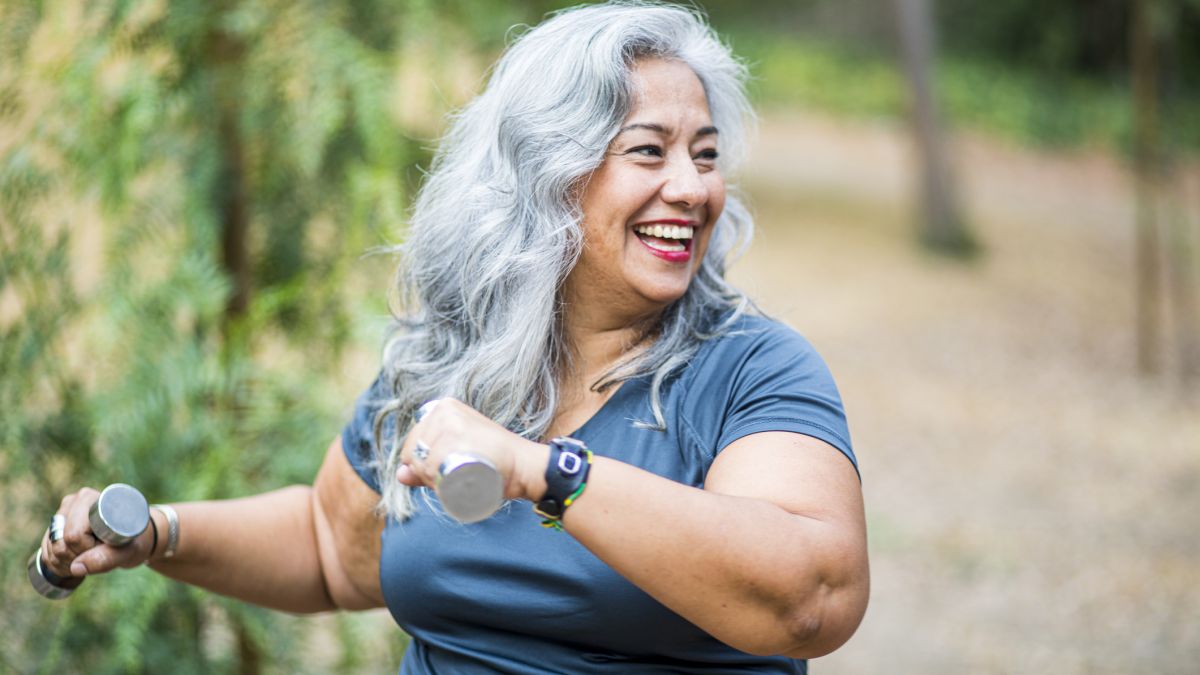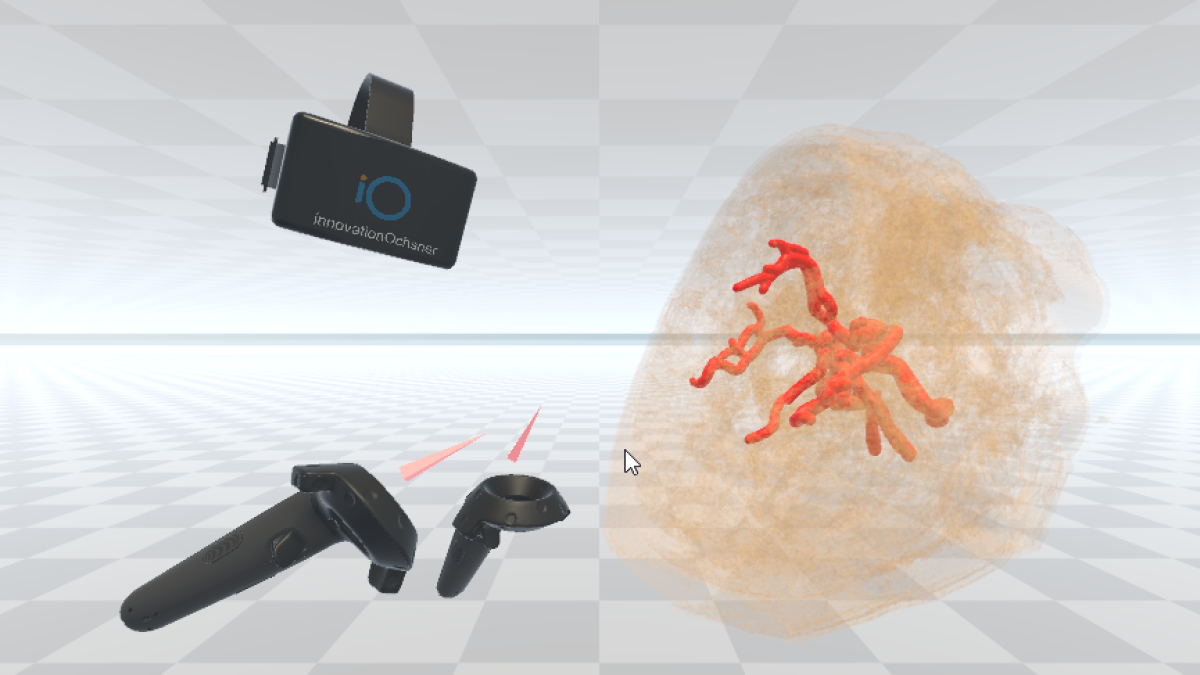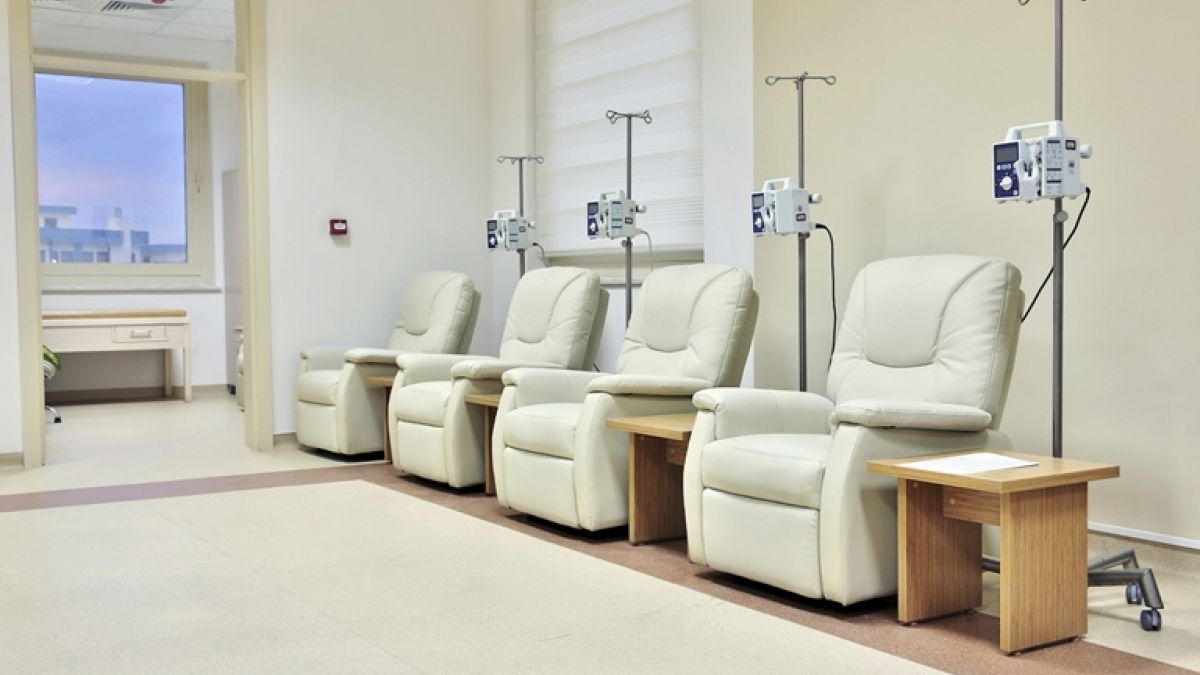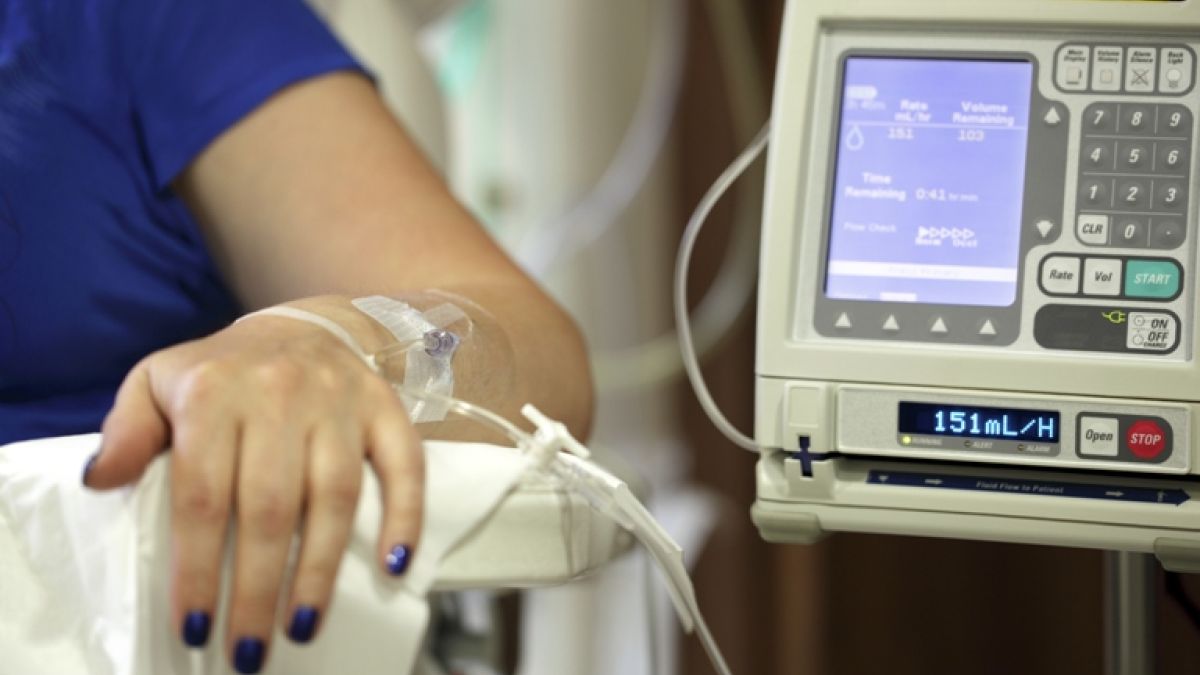Why choose Ochsner Health for your cardio-oncology care?
Chemotherapy and other forms of cancer therapy can cause stress to the entire body, especially the heart. During and after your cancer treatment, you may be at an increased risk for developing cardiovascular disease. Ochsner’s cardio-oncology program is here to help patients from Louisiana and Mississippi address these issues.
Ochsner’s cardio-oncology care brings together experts from Ochsner’s cancer care program and the Heart & Vascular Institute. Our innovative program, one of the few of its type in the United States, offers specialized care for the cardiovascular side effects of cancer treatments. As a result, we’re able to increase the well-being for cancer patients and cancer survivors before, during and after their cancer treatment.
Our team of cardiology-oncology experts works closely together using an innovative approach designed to prevent, reduce and treat cardiac conditions and cardiovascular diseases that arise from treatment for cancer. The cardio-oncology clinic stands by patients every step of the way to ensure quality care and the best possible outcomes.
Ochsner’s cardiology and oncology departments have received numerous awards and accolades over the years for its level of expertise and commitment to patients, as well as providing quality care and forging new paths for cardiovascular and oncology care.













